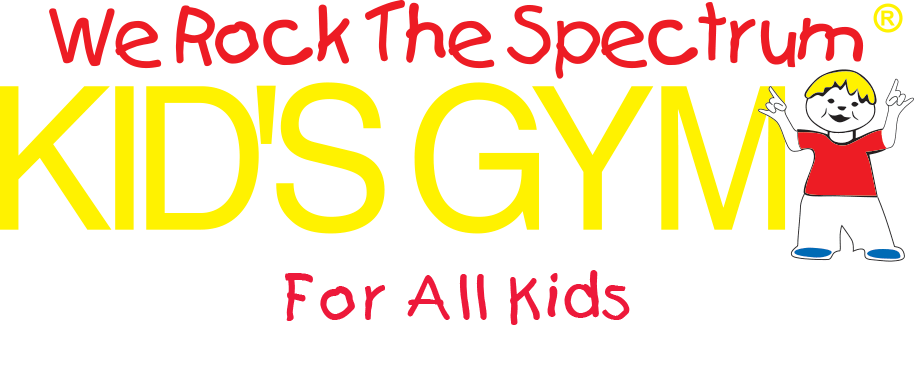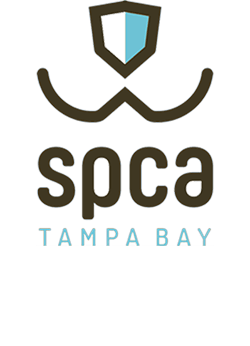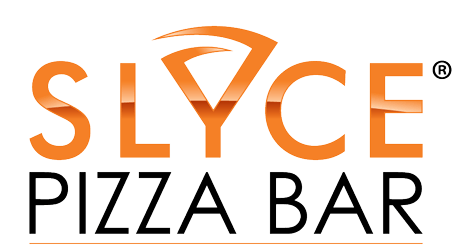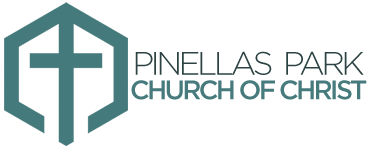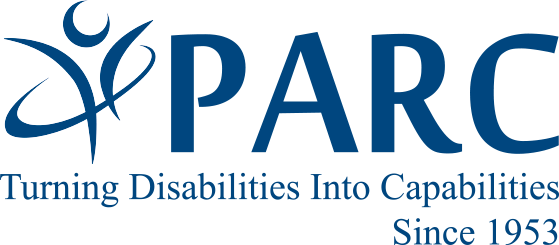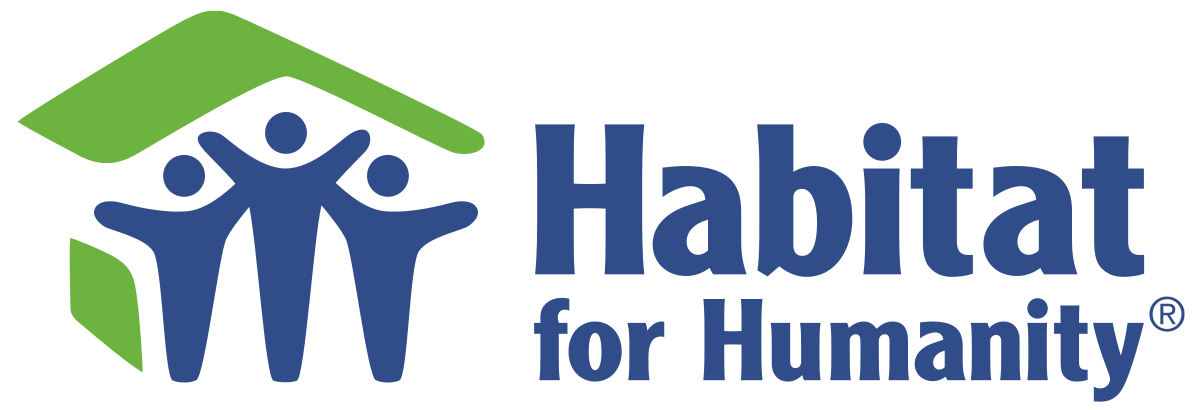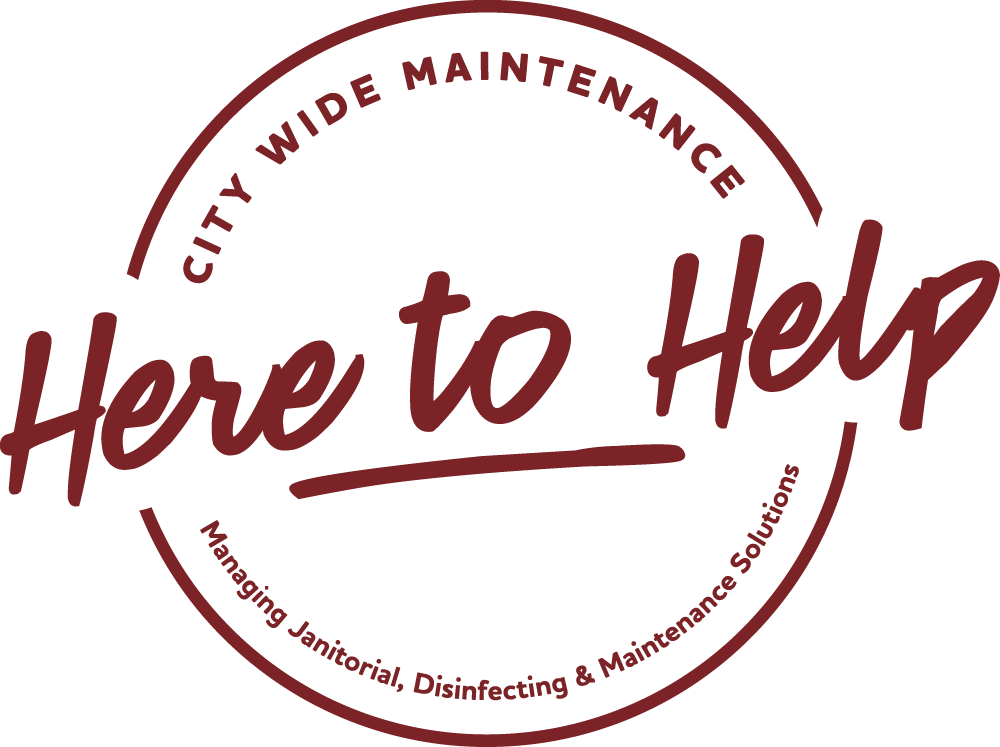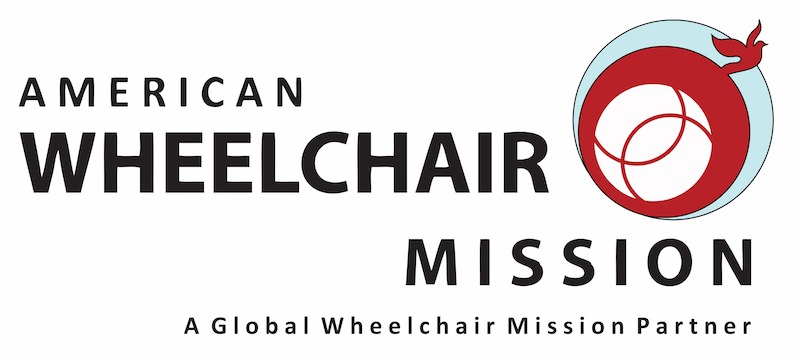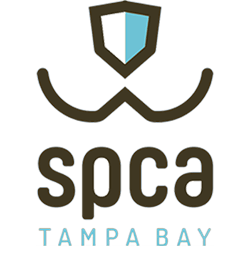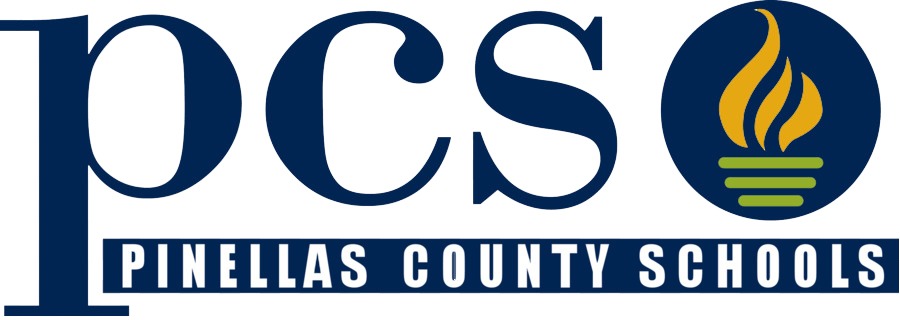Need One of the Best Schools for Auditory Processing Disorder?
Have Any Questions About APD? Then Contact Us Now!
Or Call Us At 727-258-7659
What Is Auditory Processing Disorder?
Before we talk about enrolling your child to one of the best schools for Auditory Processing Disorder, let’s discuss what Auditory Processing Disorder is and its symptoms. Auditory Processing Disorder (APD) is a condition in which the brain struggles to process and interpret auditory information such as speech, sounds and music. With APD, however, even though the auditory system remains intact there may be disruptions to neural processing of sound which lead to difficulty understanding, remembering or recalling auditory material.
People living with APD may suffer from various symptoms, such as:
- Trouble understanding speech in noisy environments or when multiple people are speaking simultaneously can be frustrating and isolating.
- Trouble following directions or instructions, particularly complex ones with multiple steps or that span across time and space.
- Issues with phonemic awareness – which involves being able to distinguish between similar sounds in words – is another common obstacle.
- Read, spell, and write with difficulty as these skills require the ability to process and integrate auditory information.
- Communication plays a key role in social interactions and may become challenging due to difficulties.
Importantly, APD does not correspond with hearing loss or auditory impairment, but is rather a neurological processing issue. An audiologist or speech-language pathologist can evaluate an individual’s auditory processing abilities before providing appropriate interventions and accommodations for treatment and accommodation purposes.
How Does APD Affect Children?
Auditory Processing Disorder (APD) can have detrimental impacts on children, including:
Difficulty Understanding Speech:
Children with APD may struggle to comprehend spoken language in noisy or complex environments, particularly where competing noises make comprehension challenging. They may have difficulty distinguishing similar sounds or identifying where sounds originate – making conversation followability an uphill struggle for these young minds.
Reading And Spelling Difficulties:
Due to APD, children may struggle with reading and spelling skills that rely heavily on auditory processing and integration, such as distinguishing similar sounds like “b” and “p,” blending sounds together into words or distinguishing between similar sounds such as b/p.
Children with APD may find it challenging to follow instructions that involve multiple steps or require complex language.
Problems In Social Interactions:
Communication plays an integral role in human interactions; therefore children with APD may struggle with engaging socially if they have difficulty comprehending or processing spoken language.
Academic Struggles:
Children with APD may face difficulty in academic subjects requiring strong auditory processing capabilities, such as reading, spelling and language arts.
As it’s important to recognize, children with APD may also face emotional and behavioral difficulties as a result of auditory processing difficulties, including frustration, anxiety and low self-esteem. Therefore, children suspected of APD should be evaluated by healthcare professionals such as an audiologist or speech-language pathologist who can offer appropriate interventions and accommodations to help them thrive in life.
LiFT, One of the best schools for Auditory Processing Disorder offers the following to children with APD:
- smaller class sizes
- Budgeting flexibility for APD support
- Bullying (unfortunate or not): relief
- Specialized instruction and co-curricular therapy, including occupational therapy
- Student-directed programs that support the child’s unique learning styles
LiFT Academy’s Mission
The mission of LiFT Academy is to provide a safe, nurturing, and academically challenging environment where students with APD can develop the skills and knowledge they need to reach their full potential. The school offers a comprehensive program that includes academic instruction, social skills training, and therapeutic interventions tailored to each student’s unique needs.
As one of the best auditory processing disorder schools in Tampa we have a team of highly qualified and experienced teachers and therapists who are dedicated to supporting each student’s learning style and needs. Our APD schools utilizes evidence-based instructional methods and curriculum and incorporates the latest technology and resources to enhance learning outcomes in Tampa.
One of the unique features of LiFT Academy is its focus on preparing students for life beyond the classroom. Our auditory processing disorder schools offers a range of vocational and life skills training programs and internship and employment opportunities to help students transition to adulthood with confidence and independence in Tampa.
LiFT Academy is a school making a significant difference in the lives of students with APD and their families. With our commitment to providing a holistic and inclusive approach to education, LiFT Academy is setting a new standard for special education in the Tampa area and beyond.
Who Is Eligible For Neurodiversity?
Neurodiversity is a concept that recognizes and celebrates the natural variation in human neurological development. It emphasizes that neurological differences, such as auditory processing disorder (APD), Attention Deficit Hyperactivity Disorder (ADHD), and Dyslexia, among others, are normal variations in human cognition and should be accepted and valued in society.
Neurodiversity is a concept that includes all individuals with neurocognitive differences, regardless of age, race, ethnicity, gender, or other demographic factors. Anyone who has a neurological difference can be considered part of the neurodiverse community and may benefit from the understanding, acceptance, and accommodations that the neurodiversity movement promotes.
It’s important to note that the neurodiversity movement is not focused on medicalizing or curing neurological differences. Instead, it promotes all individuals’ acceptance, understanding, and inclusion, regardless of their neurocognitive differences.
Contact Us If You Have Any Questions Or If You Are Ready To Enroll
Or Call Us At 727-258-7659 We’re Ready To Help
When Is APD Typically Diagnosed?
Auditory Processing Disorder (APD) is usually diagnosed in children, although it may also occur in adolescence and adulthood depending on its severity and the individual’s ability to communicate their difficulties in auditory processing. The exact age at which APD can be identified varies based on severity of symptoms as well as individual’s ability to express them verbally.
Parents or caregivers may notice their child is having difficulty listening, understanding, or following directions – which should prompt them to seek an APD evaluation. Teachers may also observe difficulties at school in subjects that require strong auditory processing skills such as reading, spelling and language arts classes.
APD can usually be diagnosed by consulting with healthcare professionals such as an audiologist or speech-language pathologist who conduct a thorough assessment of an individual’s auditory processing capabilities, including various tests and assessments that measure an individual’s ability to process and interpret auditory information.
Note that APD can be difficult to diagnose as its symptoms may also apply to conditions like ADHD or learning disabilities. A comprehensive evaluation by healthcare professionals is necessary in order to correctly identify APD and come up with an effective treatment plan.
What Causes APD?
Auditory Processing Disorder, or APD, is a neurological condition which impacts how sound is processed by the brain. Although its exact causes remain undetermined, APD is thought to stem from issues in how auditory information is received and processed in the brain.
Some factors that may contribute to APD include:
Genetics: Autism-spectrum disorder may run in families, indicating a genetic component to its cause.
Prenatal/Perinatal Factors: Antiphospholipid Deficit can be linked to complications during gestation or childbirth, including prematurity, low birth weight or lack of oxygen during labor.
Injury or Trauma: Head trauma or injury can wreak havoc on auditory pathways in the brain and result in APD.
Chronic Ear Infections: Persistent ear infections may compromise your auditory system and increase the risk of APD.
Environment factors: APD may also be caused by exposure to loud noises, toxins or other environmental elements that are toxic or could exacerbate existing asthmatic conditions.
Note that while these factors may contribute to APD, its cause cannot be blamed on intelligence or effort levels of individuals afflicted. APD is a real condition that needs proper diagnosis and treatment in order to remain functional and enjoyable for life.
Have Any Questions? Ready To Enroll?
Or Call Us At 727-258-7659 We’re Ready To Help
Ready To Enroll Or Have Questions?
LiFT was founded on January 9, 2013. Its mission is to empower and inspire people with neurodiversity so that they can learn, thrive and achieve. As the one of the best schools for auditory processing disorder we aim to create a level playing field for people with neurodiversity and learning differences. Our learners receive exceptional academics, career training and life skills. We also provide opportunities to build meaningful relationships and strengthen social skills. We are passionate about ensuring that every student learns to appreciate and celebrate their differences. It is equally important that each student respects the differences in others.
LiFT is one of the best schools for auditory processing disorder that values teamwork, collaboration and dedication to improving the lives of others. We are motivated by the desire to serve students, families and community. We aim to be thought-leaders in the field of neurodiversity and exceptional education. We are looking for individuals who share our values and mission, and believe in community and the power to improve the world. Contact us now to get started in enrollment for your child.
Contact LiFT Academy Today
We would love to hear from you! If you have any questions, comments or concerns, please don’t hesitate to get in touch with us. Our friendly customer service team is available to assist you with anything you need. You can contact us via email, phone, and we’ll do our best to respond to your inquiry as soon as possible. We value your feedback and strive to provide the best possible customer experience, so please don’t hesitate to reach out to us if there’s anything we can do to assist you.
Contact Us Now If You Have Any Questions Or If You Are Ready To Enroll!
Or Call Us At 727-258-7659 We’re Ready To Help
our students are using scholarships?
is Possible for the Neurodiverse.
Every 7 minutes a child is bullied. Bullying is a terrible, frightening experience that can also cause lasting harm, long after the behavior has stopped. Approximately 1 in 5 children are bullied in hallways, classrooms and during school related activities each year. More troubling – students living with neurodiveristy are 63 percent more likely to be recipients of bullying behavior than neurotypical peers.
LiFT emphasizes a preventative approach to bullying and implements a comprehensive Anti-Bullying Policy. Promoting an atmosphere of respect and consideration for each other, LiFT creates a haven that nourishes learning, inclusivity and friendships.
LiFT BY THE NUMBERS
increased enrollment
since our opening in 2013
of LiFT Students
are on a scholarship
of LiFT Academy Students
earn a Florida high school diploma
of LiFT U Students
have gained higher education through an internship
of LiFT A & U students
receive the individual accommodations they need to reach their fullest potential


